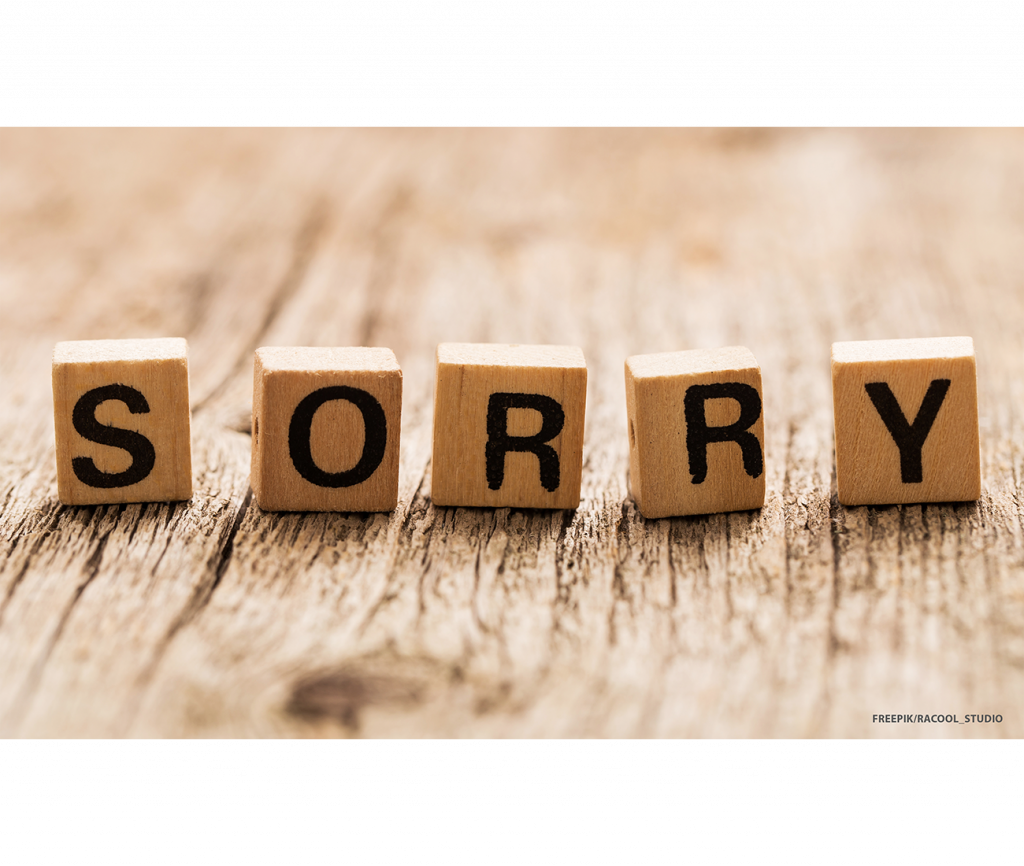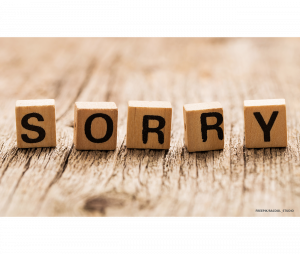The traditional imagery of Yom Kippur is not subtle. On Yom Kippur, dressed in white, Jews abstain from food, from wearing leather, from engaging in regular physical pursuits in deference to and in reverence of the need to focus inward, to examine one’s life. Yet powerfully, Yom Kippur’s demands extend beyond the hours of the holiday itself. While Yom Kippur ritual structures an environment for a person to repair their relationship with the Divine, prior to embarking on this journey, a Jew must first engage in an even more challenging task, to request forgiveness from one another.
In the PJ Library novel, The Hardest Word, the Ziz, the book’s mythical protagonist is sent on a mission to identify the hardest word. As the Ziz travels throughout the world it identifies numerous difficult words including “spaghetti,” “goodnight,” and “Rumplestilskin.” Though each word is challenging, none are correctly identified as the hardest word. Ultimately, and perhaps unsurprisingly to an adult audience, the Ziz discovers that the hardest word is “sorry.”
Why is forgiveness so difficult?
Apologizing requires courage. An apology forces one to be open to vulnerability, to admit imperfections. Apologizing requires time. An apology can’t be rushed, necessitating an investment of time and a willingness to have hard conversations. Apologizing requires openness. An apology demands movement beyond personal callousness and the opening of the heart to another’s pain. Apologizing requires responsibility. An apology insists on acknowledgment of the impact of our actions, understanding the interconnectivity of life.
Our world does not yet represent the totality of goodness which it might. We have sinned through hard-heartedness. We have sinned through speech. We have sinned through deception. Our past year’s errors add to the world’s imperfection and brokenness. Yom Kippur offers the salve of hope. As Rabbi Nachman of Breslov taught, “If you believe breaking is possible, then believe fixing is possible.” Let us embark this year on the journey of forgiveness. Let us open ourselves to our ability to not just break but also repair. Let us bravely step forward to utter the most difficult of words, sorry.
By Rabbi Ari Perten, Norman E. Alexander Center for Jewish Life Director



